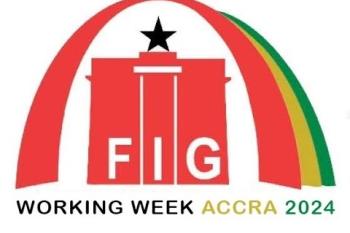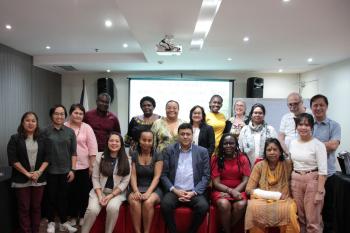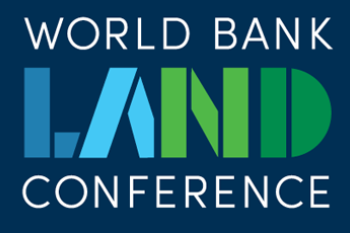
Addressing climate change and land nexus for effective land governance in Nepal
In Nepal's relentless pursuit of resilience building and advanced land governance, a three-day workshop 'Effective Land Administration in Nepal: Navigating Governance, Legal, and Financial Pathways within the Climate Change - Land Nexus' was held. Nepal as one of the most climate change-vulnerable countries, grappling with floods, landslides, drought and disasters like earthquakes, the need for effective land governance has become paramount for ensuring safer settlements and livelihoods of the vulnerable communities.
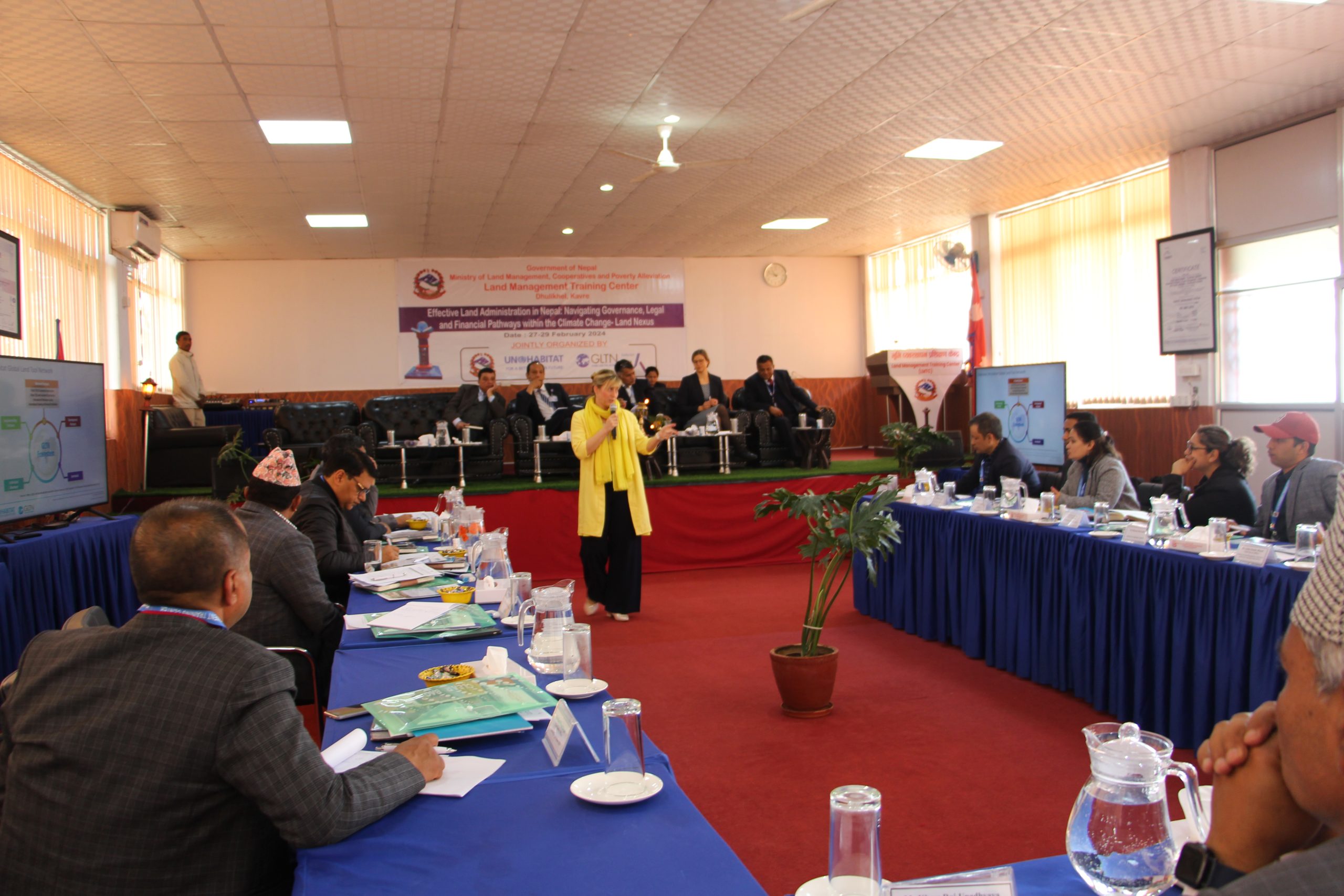 A resource person at the workshop addresses the plenary
A resource person at the workshop addresses the plenary
The collaborative initiative of UN-Habitat Nepal, the Land Management Training Center of Government of Nepal and the Dutch Kadaster supported by the Global Land Tool Network (GLTN) convened the workshop mainly focused on navigating the governance, legal, and financial pathways among the prescribed pathways in the Framework for Effective Land Administration (FELA) adopted by the United Nations Committee of Experts on Global Geospatial Information Management (UN-GGIM). It was held from 27- 29 February 2024 at the premises of Land Management Training Center (LMTC), Dhulikhel. Twenty participants were dedicated to land issues from key stakeholder agencies like the federal and provincial land ministries, the NGOs/ CBOs, academic institutions, and UN-Habitat. Resource persons from Kadaster, UN-Habitat, LMTC, Ministry of Land Management, Cooperatives and Poverty Alleviation (MoLMCPA) and local NGOs Community Self Reliance Centre and Good Neighbors International provided national and global perspectives including the nation's achievements in land administration, focusing on governance, legal frameworks, and financial strategies within the context of climate change. The international experts including from Kadaster provided international perspectives on climate change and land nexus and allied areas of best practices abroad. Together with the discussions initiated by the national and international experts, the participating twenty participants participated in interactive group work sessions addressing policy governance, legal frameworks, and sustainable financial models.
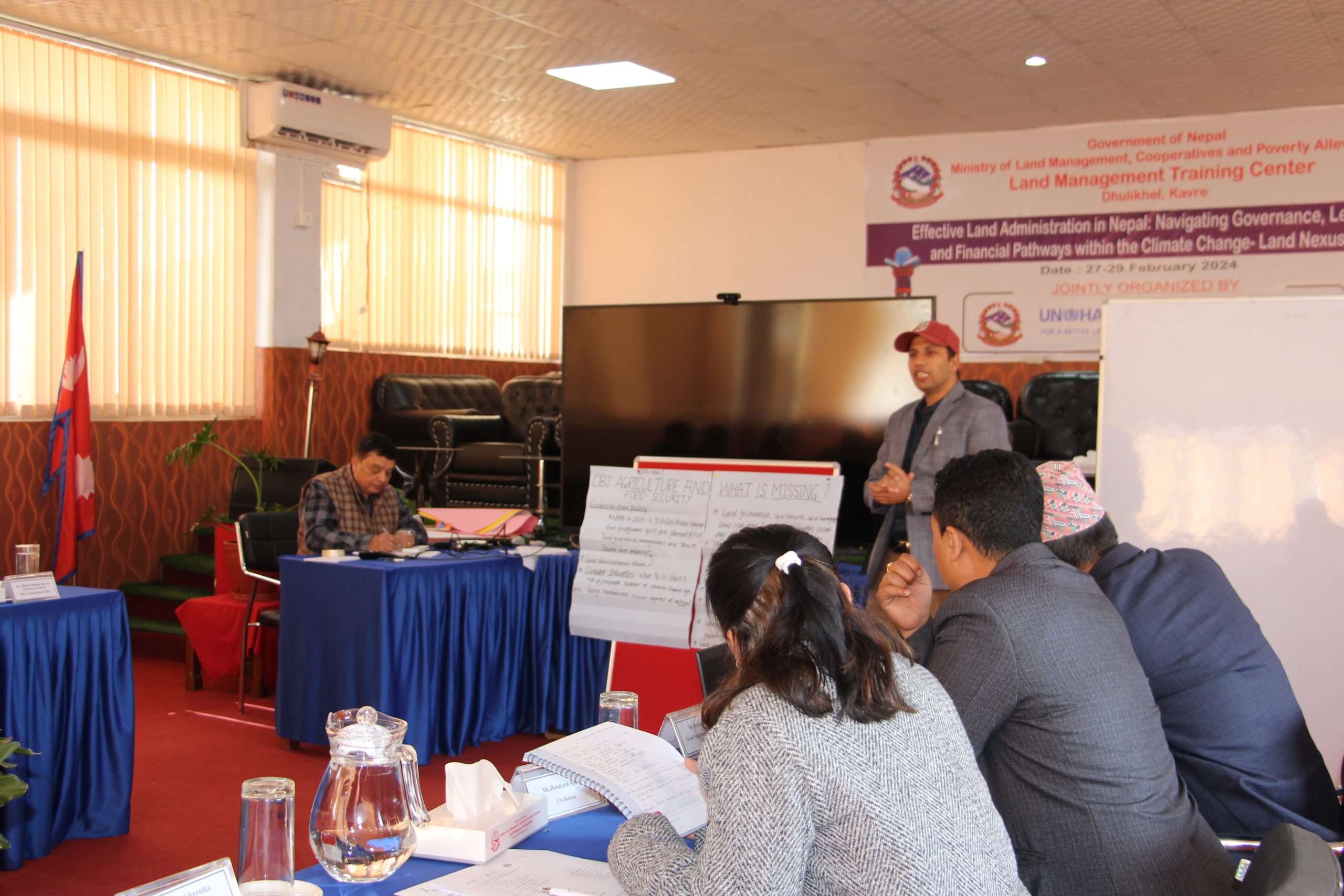 A workshop participant presents findings from group work
A workshop participant presents findings from group work
Highlighting the pressing issues faced by Nepal, the workshop also examined a project funded by the Government of the Republic of Korea (MAFRA) being implemented by UN Habitat in Dang district of Nepal exploring innovative land tenure solutions for vulnerable communities connecting security of land tenure, land use and climate sensitive land management and livelihood improvement. The workshop's outcomes emphasized the vital need for enhanced understanding, innovative governance, legal alignment with climate goals, sustainable financial models, and collaborative action plans. The Joint Secretary Ganesh Prasad Bhatta of MoLMCPA echoed the workshop as a pivotal step towards a resilient and sustainable Nepal where effective land administration stands as a cornerstone in the face of climate change challenges.
